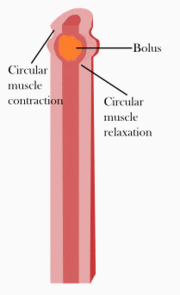Surgery with Music Series Post #17: What music should you listen to during surgery?
 When you’re about to have surgery, you really don’t have time to think about much else except preparing yourself for that process and the potential outcomes, good or bad. The only possible exception to that might be cosmetic surgery where you have plenty of lead time and you feel sure that the outcome will be better that what you’re living with right now.
When you’re about to have surgery, you really don’t have time to think about much else except preparing yourself for that process and the potential outcomes, good or bad. The only possible exception to that might be cosmetic surgery where you have plenty of lead time and you feel sure that the outcome will be better that what you’re living with right now.
That’s why I think it’s nice to be able to have the music already pre-programmed on the cordless headphones. Also, to know that the music has been chosen by an expert in music for surgery, so that the tempo, melodies, and character of the music is the ideal for surgery.
What about the genre of music? What about classical, jazz, pop, sacred, world music, or just easy listening? I believe that any genre of music can be healing and can be soothing and comforting in the way that you want for surgery. The fact is though, if you’re having general anesthesia, you won’t even hear the music once you’re completely under the anesthesia.
So why have music playing while you’re under general anesthesia? Good question! And here is the answer: the music that has been chosen for your surgery has a very slow, steady pulse that will entrain or synchronize your heart-beat and breathing with the tempo of the music. This is done vibrationally and makes headphones the ideal way to transmit the vibrations through the 8th cranial nerve in the ear to the brain and throughout the entire body.
One of the guiding principles of music therapy is that the patient should have the music of their choice, but this is not traditional music therapy because no music therapy is present. The music has already been chosen and the genre right now is classical. Eventually we will have jazz, folk, sacred and other genres available but people who don’t typically listen to classical music have listened to this soundtrack and said that it relaxed them quickly and totally.
It’s all about a safer surgery procedure and a faster recovery. Check them out at www.surgicalheadphones.com


